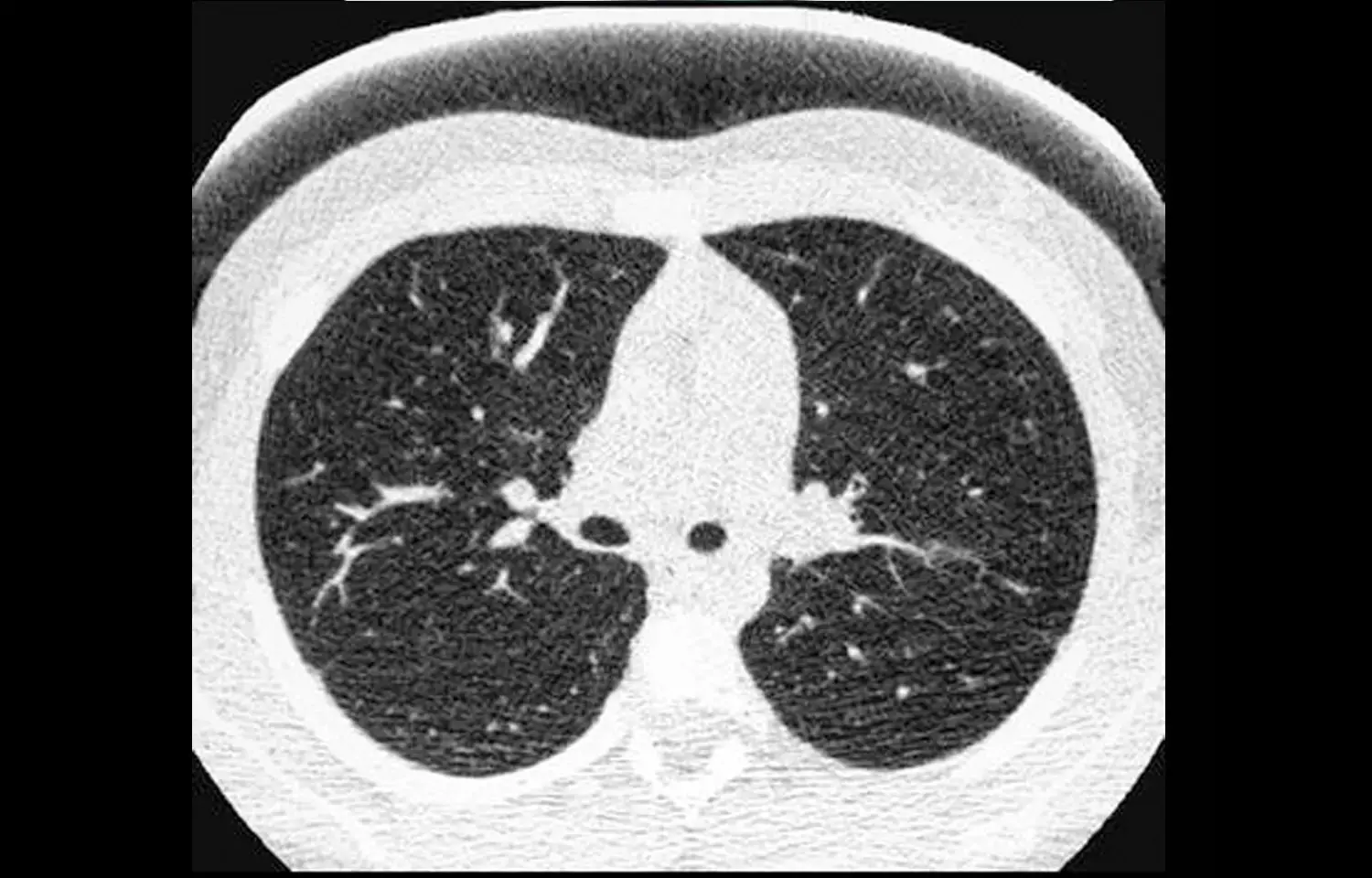- Home
- Medical news & Guidelines
- Anesthesiology
- Cardiology and CTVS
- Critical Care
- Dentistry
- Dermatology
- Diabetes and Endocrinology
- ENT
- Gastroenterology
- Medicine
- Nephrology
- Neurology
- Obstretics-Gynaecology
- Oncology
- Ophthalmology
- Orthopaedics
- Pediatrics-Neonatology
- Psychiatry
- Pulmonology
- Radiology
- Surgery
- Urology
- Laboratory Medicine
- Diet
- Nursing
- Paramedical
- Physiotherapy
- Health news
- Fact Check
- Bone Health Fact Check
- Brain Health Fact Check
- Cancer Related Fact Check
- Child Care Fact Check
- Dental and oral health fact check
- Diabetes and metabolic health fact check
- Diet and Nutrition Fact Check
- Eye and ENT Care Fact Check
- Fitness fact check
- Gut health fact check
- Heart health fact check
- Kidney health fact check
- Medical education fact check
- Men's health fact check
- Respiratory fact check
- Skin and hair care fact check
- Vaccine and Immunization fact check
- Women's health fact check
- AYUSH
- State News
- Andaman and Nicobar Islands
- Andhra Pradesh
- Arunachal Pradesh
- Assam
- Bihar
- Chandigarh
- Chattisgarh
- Dadra and Nagar Haveli
- Daman and Diu
- Delhi
- Goa
- Gujarat
- Haryana
- Himachal Pradesh
- Jammu & Kashmir
- Jharkhand
- Karnataka
- Kerala
- Ladakh
- Lakshadweep
- Madhya Pradesh
- Maharashtra
- Manipur
- Meghalaya
- Mizoram
- Nagaland
- Odisha
- Puducherry
- Punjab
- Rajasthan
- Sikkim
- Tamil Nadu
- Telangana
- Tripura
- Uttar Pradesh
- Uttrakhand
- West Bengal
- Medical Education
- Industry
Low dose CT screening for lung cancer reduces mortality, confirms meta - analysis

Denver - Low-dose CT lung cancer (LDCT) screening is associated with a 16 percent relative reduction in lung cancer mortality, when compared against a non-LDCT control arm, according to research presented by Professor John Field and the United Kingdom Cancer Screening Trial (UKLS) Team today at the IASLC 2021 World Conference on Lung Cancer. The research will be published in the Lancet Regional Health-Europe.
Previous studies, such as the National Lung Cancer Screening Trial and The NELSON LDCT screening trial, provided evidence of a statistically significant reduction (20%, 24% respectively) in lung cancer mortality. The UKLS is a randomized controlled trial, comparing LDCT screening with usual care in a high-risk population selected using the LLPv2 risk model, and having a unique Wald single LDCT screening design, in a high-risk population.
Risks for the UKLS were calculated using LLPv2, which is a modified version of the published LLP model, which incorporates age, smoking duration, family history of lung cancer, history of previous malignancies and exposure to asbestosis and other potential respiratory risk factors (bronchitis, emphysema, tuberculosis and COPD) in addition to pneumonia, and treats cigar and pipe smoking as conferring an identical risk to cigarette smoking.
Lead by Prof. John Field, of The University of Liverpool, Liverpool, United Kingdom, researchers randomly allocated 4055 participants, October 2011 to February 2013, with either a single invitation to LDCT screening or no screening (usual care). Data were collected on lung cancer cases and deaths to 29-February-2020 through linkage to national registries. The primary outcome was mortality due to lung cancer.
Prof. Field's team analysed 1987 UKLS participants in the intervention arm and 1981 2027 in usual-care arm and followed them for 7.4 years. During this time, 30 lung cancer deaths were reported in the screening arm, 46 in the control arm). The primary analysis showed a relative rate 0·65 [95% CI 0·41-1·03]; p=0·065. It has to be noted that the relative benefit in terms of lung cancer mortality was seen most strongly in the three to six years after randomization (Figure 1)
Additionally, Prof. Field and his team at U.K.-based centers also included their results in a random-effects meta-analysis to provide a synthesis of the latest randomized trial evidence. This meta-analysis included nine previous trials on LDCT (in the table below). Results from these nine randomized controlled trials were included in the meta-analysis indicated a significant reduction in lung cancer mortality.
LDCT screening was associated with a 16% relative reduction in lung cancer mortality, when compared against a non-LDCT control arm (RR 0·84 [0·76 – 0·92]) with no significant heterogeneity (p= 0·32, I 2=13·7%).
"The UKLS mortality data and recent meta-analysis provides the impetus to now put in place a long-term lung cancer screening programmes internationally and especially encourage nations in Europe to start their own implementation programmes. Lung cancer early detection and surgical intervention saves lives," Dr. Field reported.
Hina Zahid Joined Medical Dialogue in 2017 with a passion to work as a Reporter. She coordinates with various national and international journals and association and covers all the stories related to Medical guidelines, Medical Journals, rare medical surgeries as well as all the updates in the medical field. Email: editorial@medicaldialogues.in. Contact no. 011-43720751
Dr Kamal Kant Kohli-MBBS, DTCD- a chest specialist with more than 30 years of practice and a flair for writing clinical articles, Dr Kamal Kant Kohli joined Medical Dialogues as a Chief Editor of Medical News. Besides writing articles, as an editor, he proofreads and verifies all the medical content published on Medical Dialogues including those coming from journals, studies,medical conferences,guidelines etc. Email: drkohli@medicaldialogues.in. Contact no. 011-43720751


